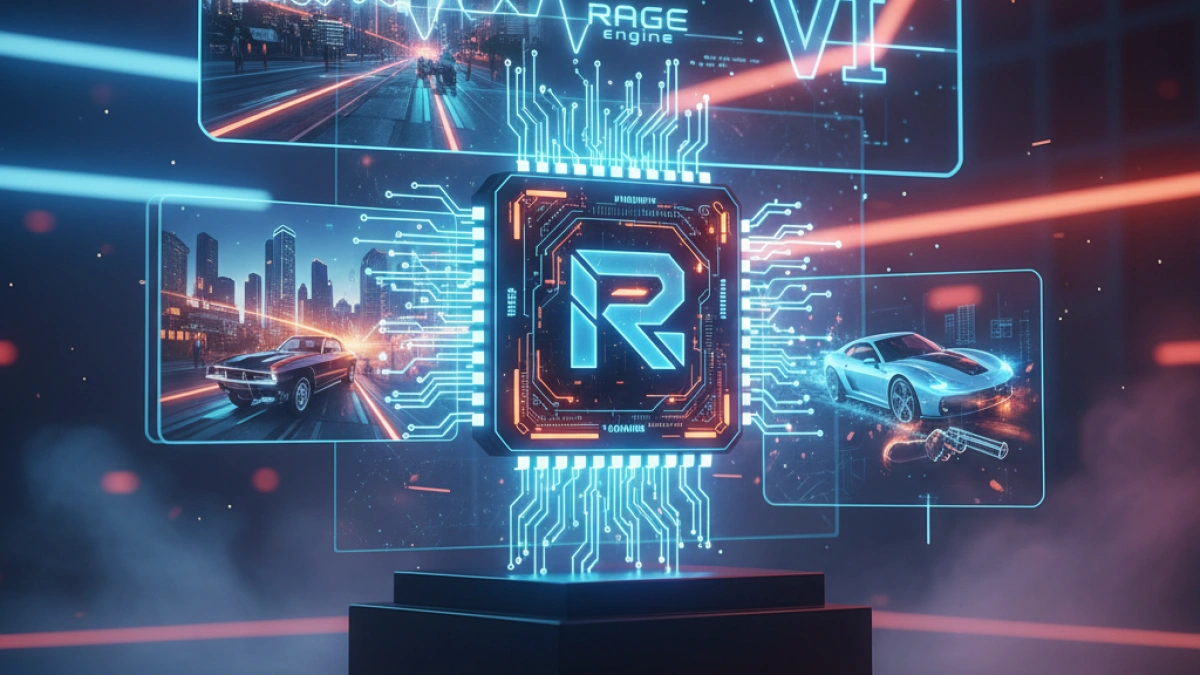The enigmatic P.T.: Kojima's farewell and the future of Silent Hills


The history of video games is filled with surprising narratives, but none as poignant and dramatic as the abrupt separation of Hideo Kojima from Konami and the subsequent cancellation of Silent Hills, a title that promised to revitalize one of the most beloved horror franchises. At the heart of this saga lies P.T., an interactive demo that not only left millions of players terrified but could have also been the enigmatic farewell of a creative master on the brink of a tumultuous change.
The Internal Conflict and Business Philosophy
To understand the cancellation of Silent Hills, one must consider the drastic shift in direction at Konami. On December 15, 2015, it was officially reported that Hideo Kojima, the iconic creator of Metal Gear Solid, was parting ways with the company after working there for 30 years. Differences in creative vision were key in this separation.
Kojima had always been motivated by the desire to innovate rather than just monetary reasons. A key example of his ambition was the development of the Fox Engine, an advanced graphics engine designed to facilitate multi-platform development and reduce production times. Although this engine proved its capabilities in titles like Metal Gear Solid V, its development cost over $10 million and became complicated for development teams, which was not well received by Konami's upper management.
As Kojima invested in technology and the development of Metal Gear Solid V—a production that ultimately cost around $80 million—Konami began to shift focus when it discovered a lucrative niche in mobile gaming. In 2010, Dragon Collection, a gacha-style game offered as free-to-play, generated significant revenue through its microtransaction system. The producer behind this success, Hideki Hayakawa, quickly rose through the ranks and was appointed president of Konami on April 1, 2015. His assertion that "the platform we feel closest to is mobile" marked a radical shift in the company's strategy.
Read also
This new business philosophy clashed directly with Kojima's vision. Konami started to diminish the presence of his name in the promotion of Metal Gear Solid V and occasionally included microtransactions in the game, which was completely foreign to the traditional approach of the acclaimed designer. By March and April of 2015, Kojima's name had disappeared from executive listings and official accounts linked to Metal Gear Solid. Although the company attempted to deny rumors of his dismissal, the reality was becoming increasingly evident: the separation was imminent.
P.T. and the Rebirth of Silent Hill
Amidst this internal turmoil, P.T. was revealed on August 12, 2014, a playable teaser presented at Gamescom as part of a mysterious studio called 7780 Studios. This free demo for PlayStation 4 quickly became a viral phenomenon due to its innovative and terrifying premise: a first-person looping hallway where each traversal could reveal new horrors, with no interface or combat.
The mystery surrounding P.T. was a fundamental part of its appeal. The name "7780 Studios" was an intentional clue, as 7780 km² is the area of Shizuoka Prefecture in Japan, whose name in kanji means "Silent Hill." Moreover, to enhance the illusion that it was an independent project, Konami had deliberately reduced the graphical quality of the Fox Engine in the demo presentation.
Read also
Upon completing the demo, it was revealed that P.T. was, in fact, a teaser for Silent Hills, a project directed by Hideo Kojima, featuring collaboration from filmmaker Guillermo del Toro and actor Norman Reedus. Additionally, renowned horror manga artist Junji Ito had also been involved, contributing terrifying designs. The team intended to return the series to its essence after several unsuccessful attempts with titles developed by other studios.
Hidden Theories: Kojima's Message
The narrative surrounding P.T. becomes even more intriguing when considering the theory that posits this project was not merely a demo but a cryptic message from Kojima regarding his situation with Konami. It is believed that, in 2013, Kojima had indications that his contract would not be renewed in 2015, leaving his development team with just over two years to finalize Metal Gear Solid V and shape Silent Hills—a timeline considered insufficient to complete both tasks.
P.T. contains several elements that feed into this theory. Notable among them are the following:
- In one of the radios in the game, the numbers 204863 can be heard, corresponding to Hideo Kojima's birth date (24/08/63). In the context of the game, this number sequence links to a tragic narrative where a father murders his family, which many interpret as an allegorical representation of Kojima as the "father" and the "CEO of Konami" as his family.
- A whisper stating "Look behind you" can be interpreted as a call from Kojima to his team, urging them to follow him in his next step after leaving the company.
- The exclusivity of P.T. on PlayStation and the colors of the console's logo appearing in the game’s flashlight can also be seen as a nod to Kojima's memory and his future association with Sony.
According to this theory, Kojima launched P.T. without the proper authorization from Konami's upper management, leveraging his relationship with PlayStation. Once Konami's leadership became aware, their reaction was swift: they prohibited Kojima from communicating directly with his team during the final phases of developing Metal Gear Solid V, forcing him to use intermediaries. This act was seen as an offense within Japanese corporate culture and contributed to the eventual cancellation of Silent Hills, as well as the decision to remove P.T. from the PlayStation Store forever.
The Rebirth of Kojima Productions and the Spiritual Successor
On December 16, 2015, one day after his official departure, Kojima Productions was announced as an independent studio in partnership with PlayStation. Its first project, Death Stranding, not only became a success, reaching over 20 million players, but also reunited the dream team that had envisioned Silent Hills: Norman Reedus once again in the lead role and Guillermo del Toro part of the development.
Kojima introduced himself as "Homo Ludens," referring to "those who play," describing himself and his team as creators and visionaries, even in adverse circumstances.
Although Silent Hills was never realized beyond the demo Kojima showed to Del Toro and the phenomenon that was P.T., its legacy endures. This project stands as a symbol of genius, a creative rebellion, and perhaps the most memorable farewell in video game history.
The story of P.T. and the impact of Silent Hills still resonate within the gaming community, reminding everyone that often farewells are the prelude to new beginnings. For more stories about the world of video games, readers are invited to explore further in the personal blog.



















